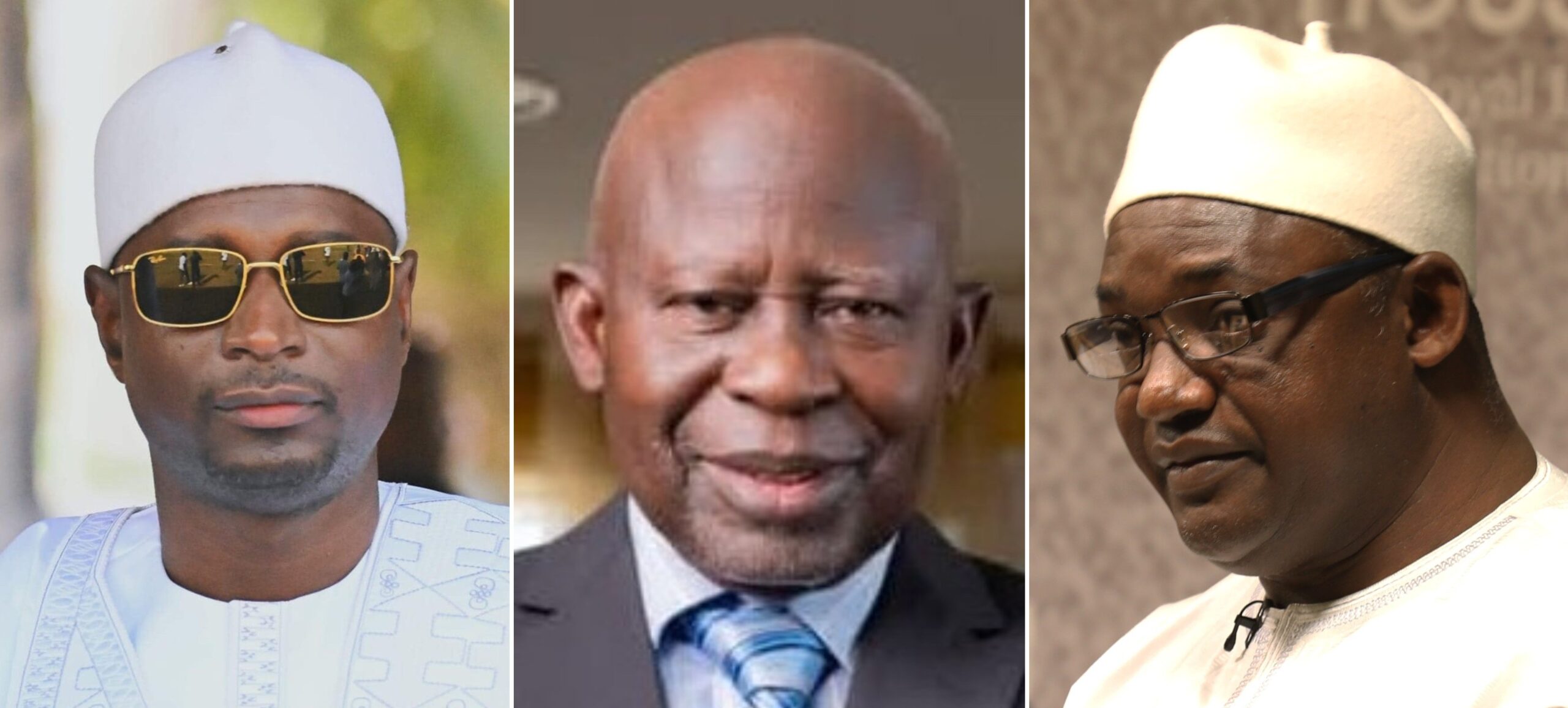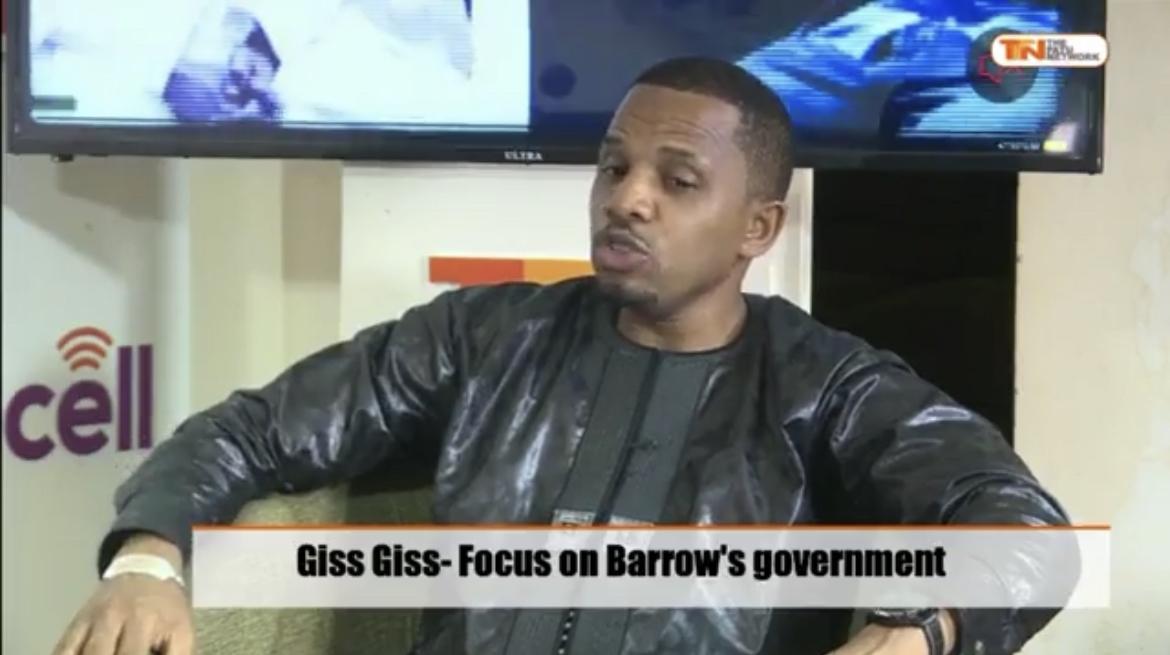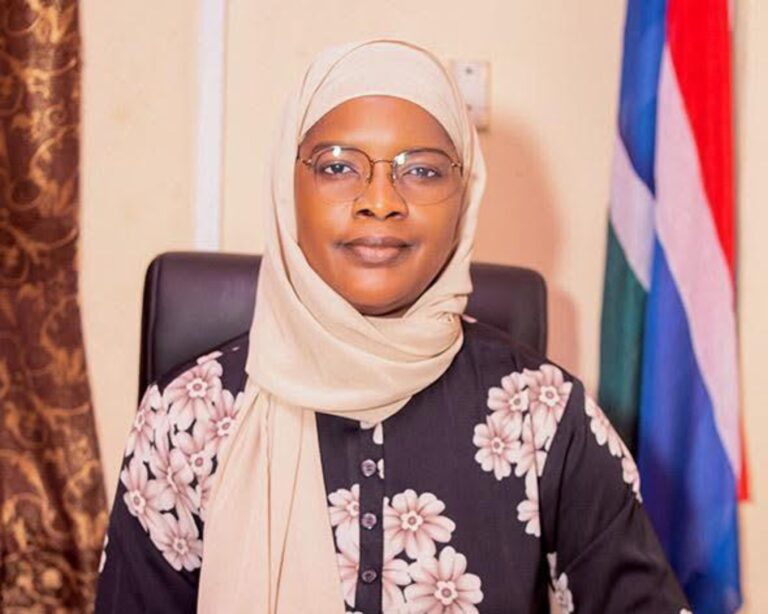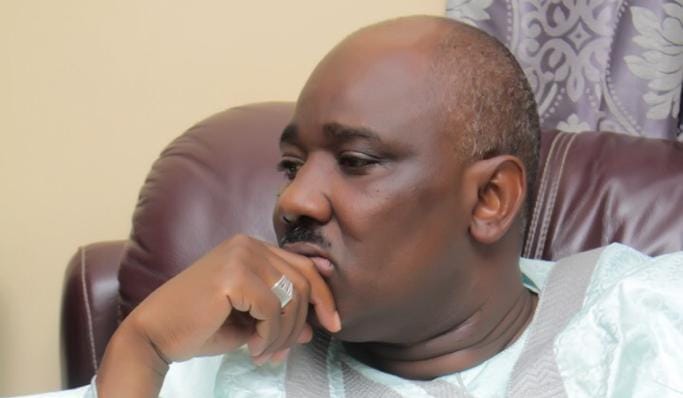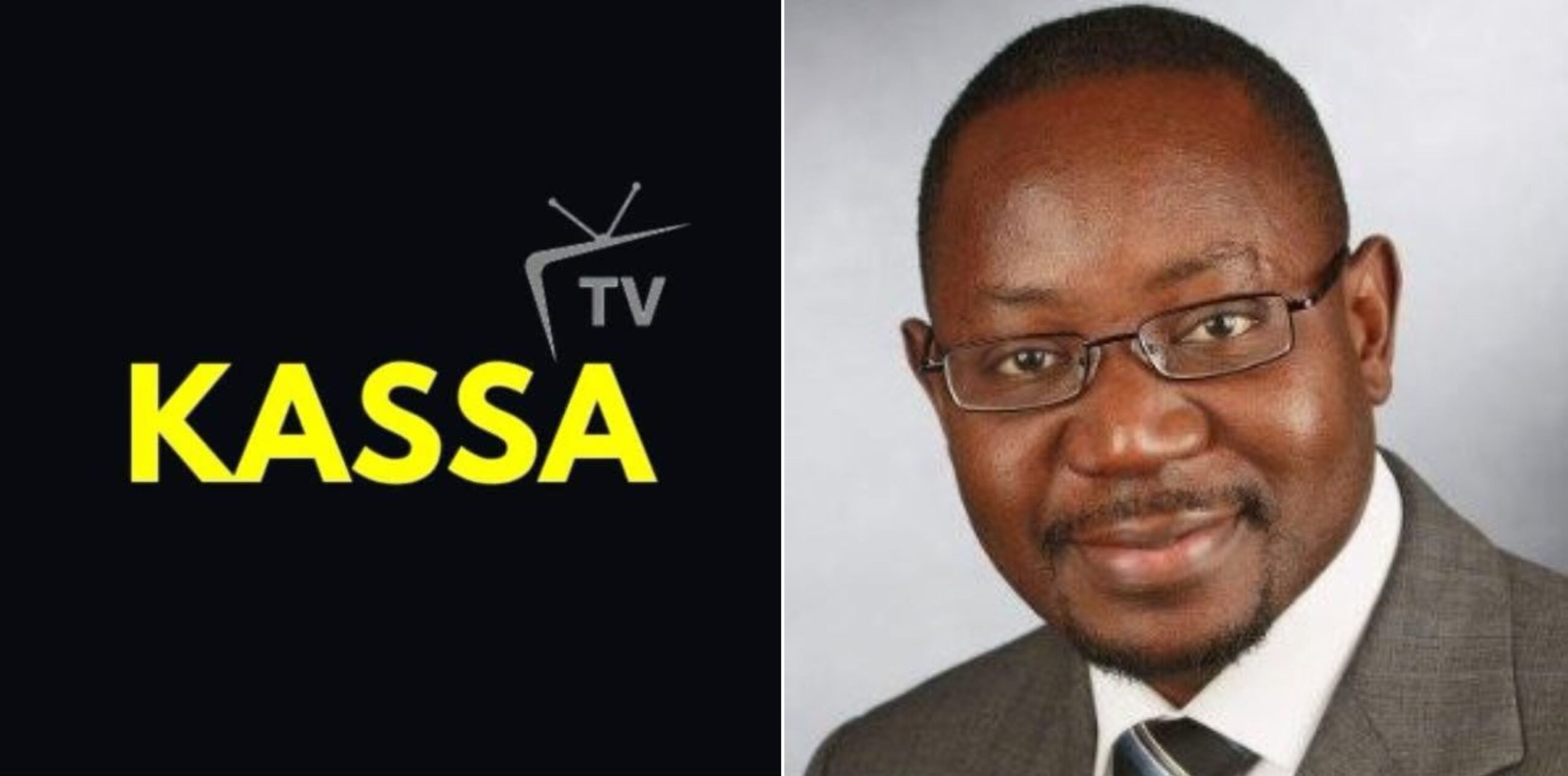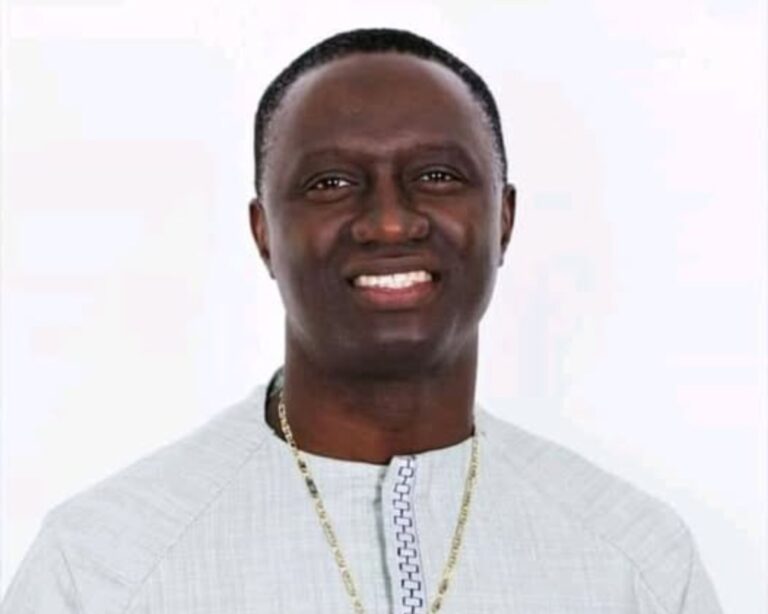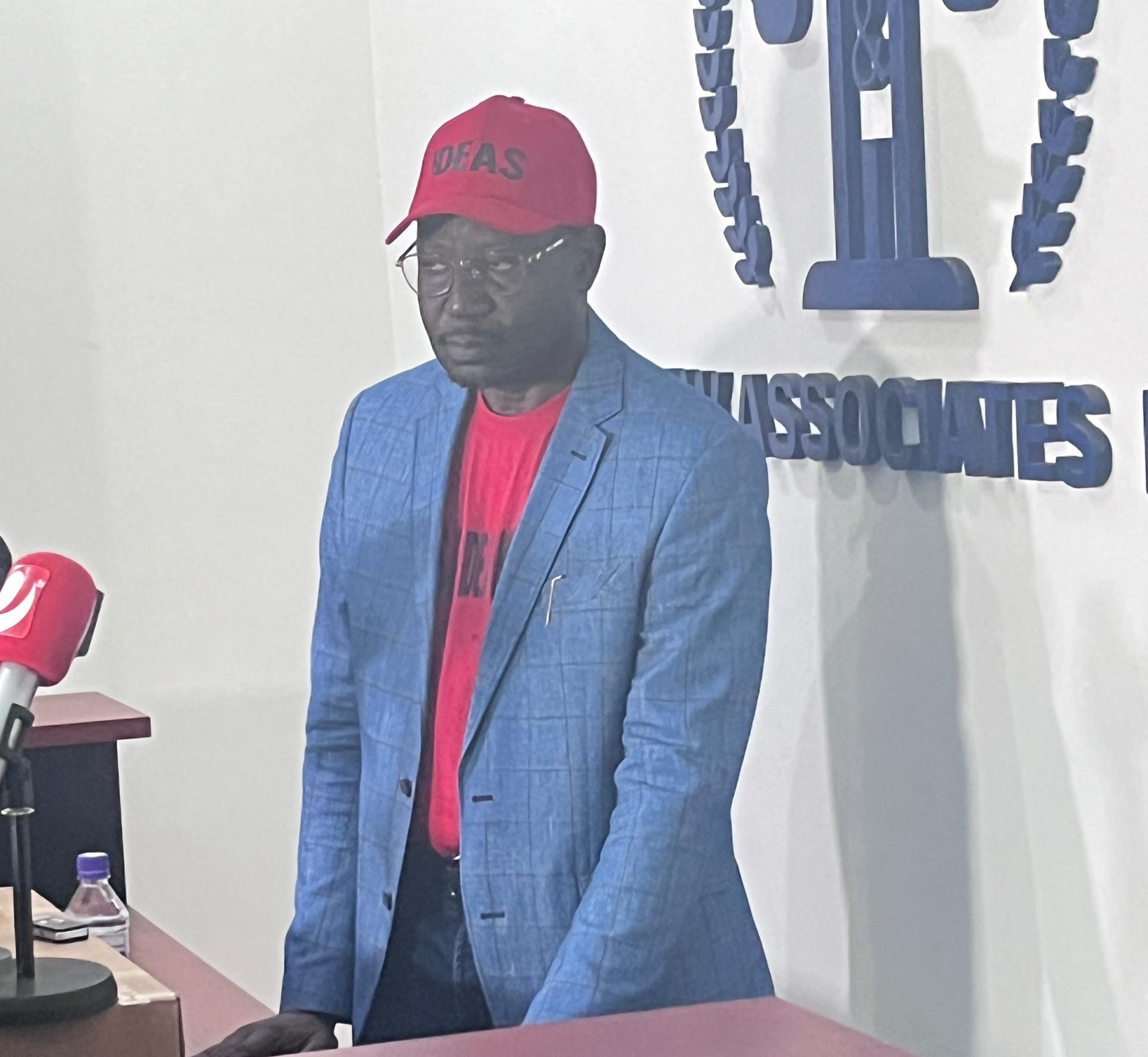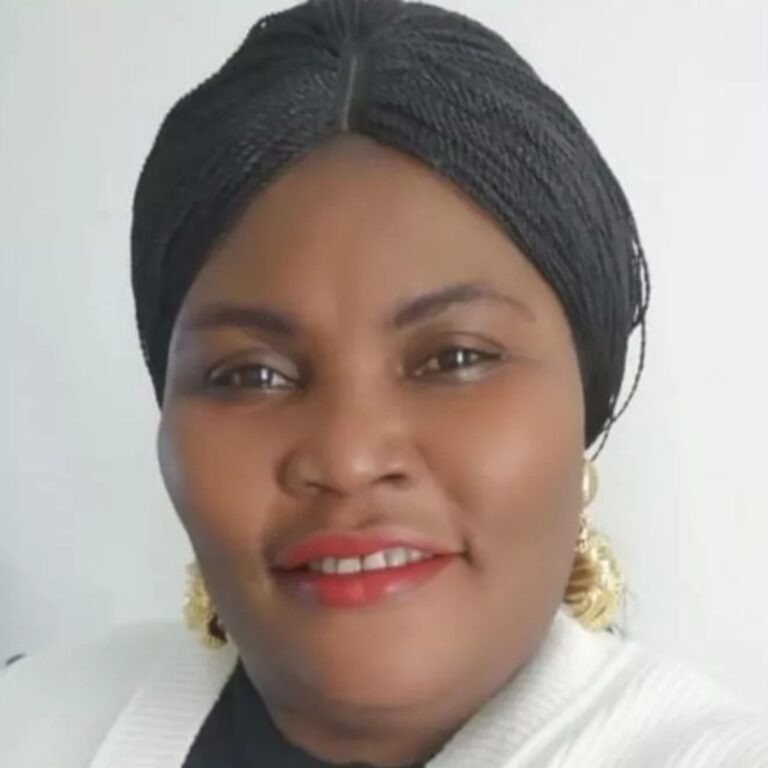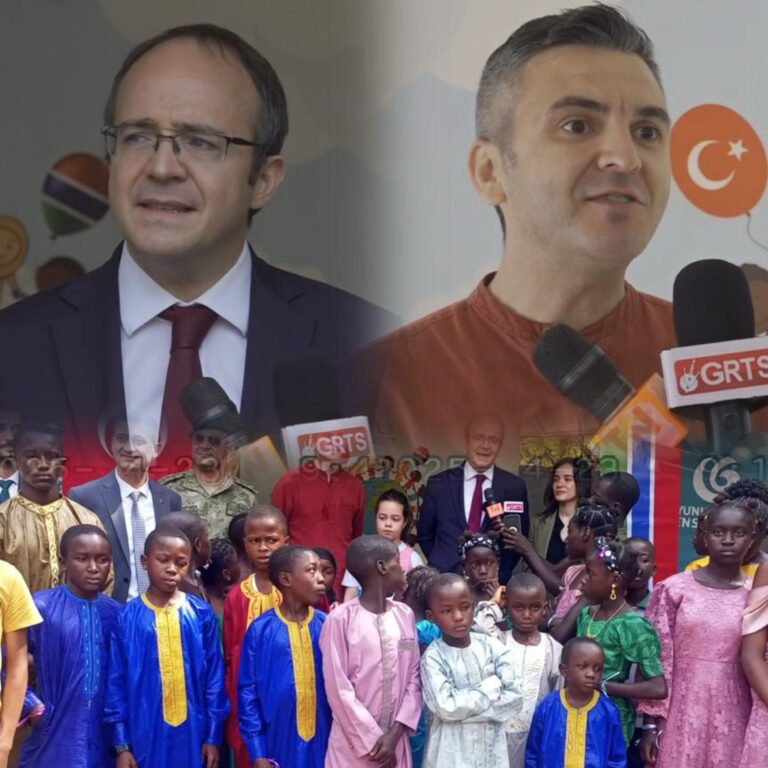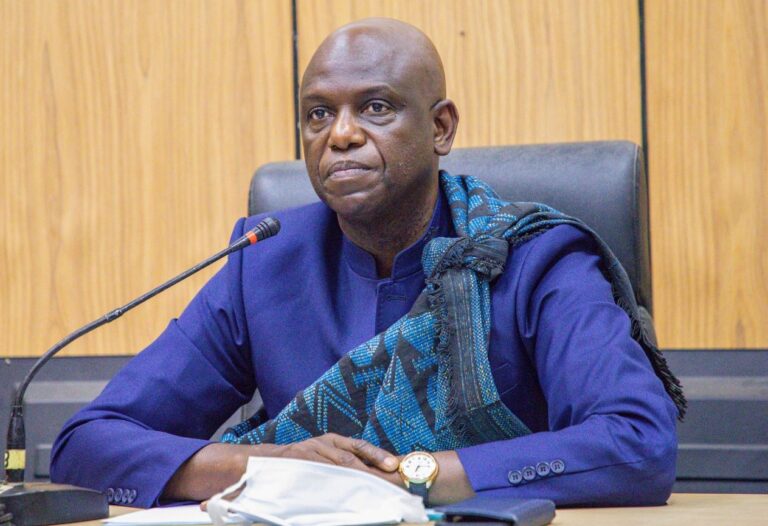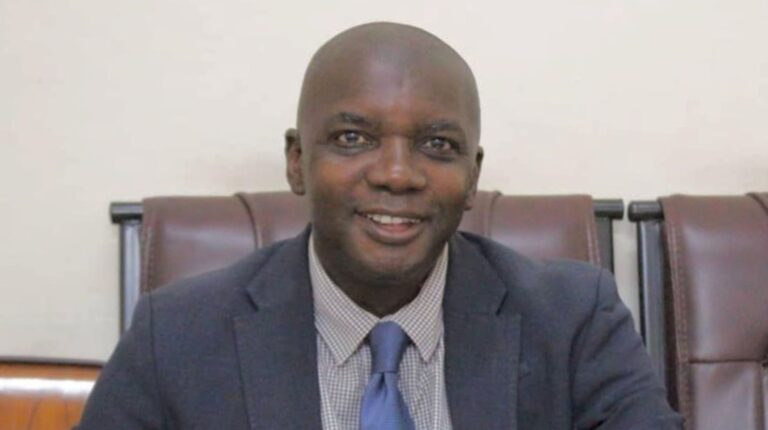By: Alieu Jallow
The EF Small Centre for Rights and Justice (EFSCRJ) has made a bold public statement declaring April 24 as The Gambia’s true Independence Day. The Centre is calling on both citizens and government authorities to acknowledge the historical significance of the date and to foster active citizenship rooted in republican values.
“Today, April 24, 2025, marks the 55th anniversary of The Gambia finally shedding the yoke of colonialism and reclaiming its dignity, sovereignty, and self-determination as free citizens of this land,” the statement reads.
In tracing the country’s colonial past, the Centre highlights that The Gambia became a full British colony in 1902, following the suppression of local resistance. The country remained under colonial rule until 1962, when Dawda Kairaba Jawara was appointed Premier under the authority of British Governor-General Sir John Paul. By 1963, Jawara became Prime Minister, chairing cabinet meetings without the Governor-General’s presence, signaling the beginning of internal self-rule. However, EFSCRJ strongly contends that The Gambia was not truly independent in 1965, as widely believed.
“In the lead-up to ‘independence,’ the Gambia Independence Act (1964) was issued, which effectively established The Gambia as a British dominion,” the Centre states, referencing the Act’s Article 1, which reads:
“On and after 18th February, 1965, all those territories shall together form part of Her Majesty’s dominions under the name of The Gambia; and Her Majesty’s Government in the United Kingdom shall have no responsibility for the government of those territories.”
Following this, the 1965 Constitution, “written by the British and imposed on The Gambia,” outlined a governance framework that retained significant colonial features. EFSCRJ cites several sections of the Constitution, demonstrating that Her Majesty’s authority, through the Governor-General, remained central to The Gambia’s governance even after 1965. These include:
- Section 29: Establishing the Governor-General, appointed by Her Majesty.
- Section 32: Stating that Parliament consisted of Her Majesty and a House of Representatives.
- Section 62(1): Vesting executive authority in Her Majesty.
- Sections 63 to 66: Granting the Governor-General powers to appoint the Prime Minister, ministers, and Chief Justice, with the Cabinet’s role being merely advisory.
“These provisions, and the entire 1965 Constitution, were not an independence constitution,” the statement affirms.
The Centre points out that only after two national referendums—first in November 1965, and finally on April 22, 1970—did Gambians vote to become a republic, with April 24, 1970, becoming the official day of full independence.
“As a republican organization, EFSCRJ stands for the dignity and integrity of The Gambia, which includes upholding the true history of our nation,” the statement adds. “We recommend, and will advocate for, the Government to promulgate a law to officially recognize April 24, 1970, as the true date of The Gambia’s independence.”
EFSCRJ believes that correcting the historical record will help cultivate a stronger sense of citizenship and sovereign consciousness, which are essential for national development and good governance.
“It is our well-considered view that Gambians generally lack an appreciation for and the exercise of their sovereignty due to limited knowledge of our history,” the statement asserts. “This deficient citizenship has contributed to the poor leadership and governance challenges the country has faced over the years.”
The Centre warns that without this historical awareness, The Gambia risks continuing cycles of “corruption, poverty, abuse of power, and their attendant problems.” The organization is committed to nurturing a “sovereign, conscious, and empowered citizen,” a mission it believes cannot be accomplished without acknowledging “the true history of our nation.”
EFSCRJ urges the government and the public to embrace April 24 as the true Independence Day of The Gambia, emphasizing that every citizen has a responsibility to contribute actively to the development and protection of the republic.
“By fulfilling these responsibilities, we ensure a strong, prosperous, and inclusive republic today and for future generations. However, these goals are unattainable without knowing and accepting our true history and collective experience as a people.”



